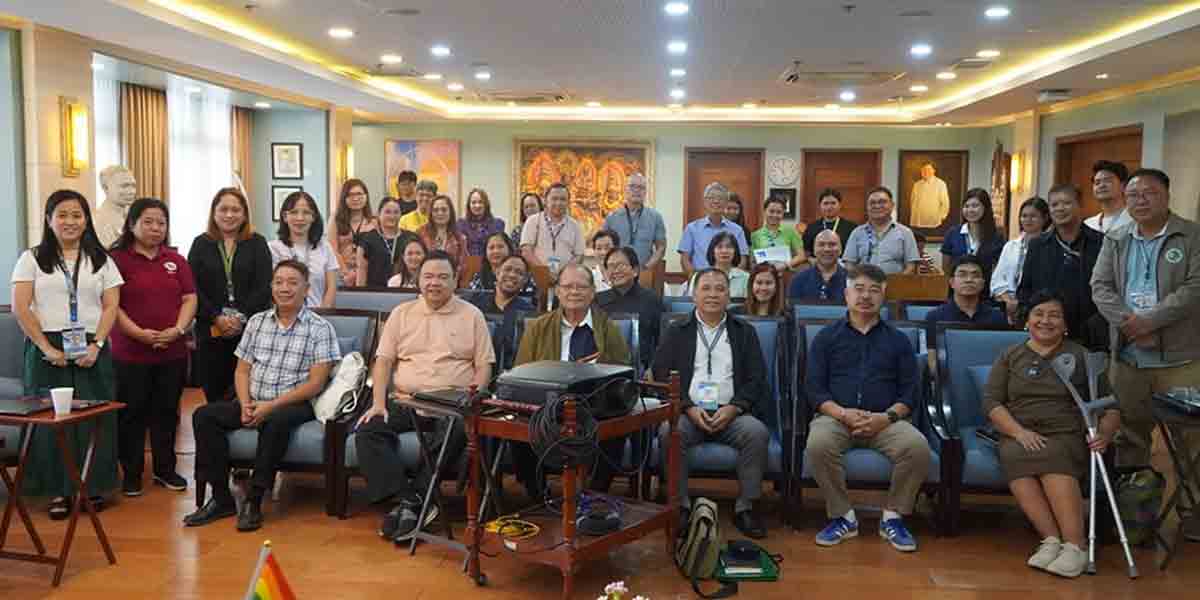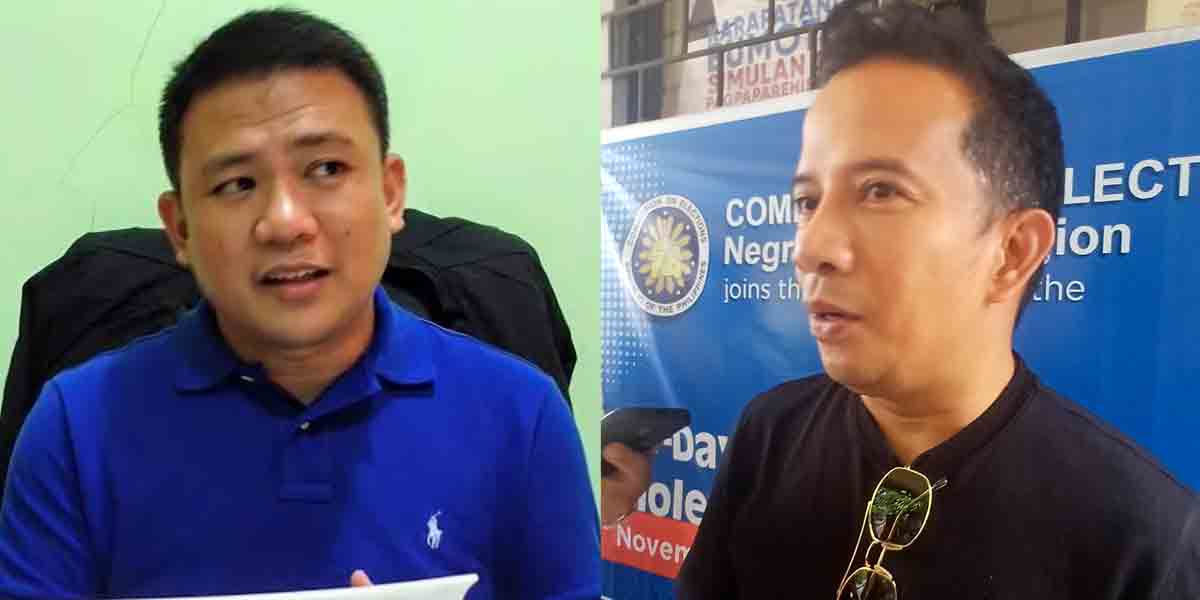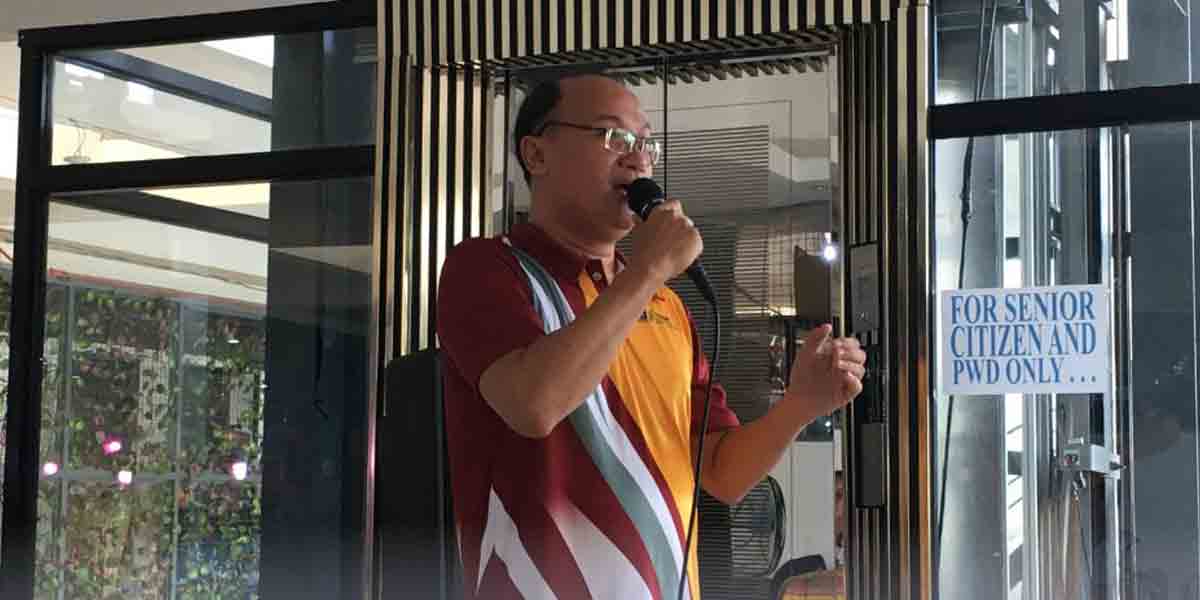Public officials bear the responsibility of setting an example in conduct and speech and It’s both amusing and disheartening to see city councilors in Iloilo City being reminded of basic decorum during legislative sessions.
The recent outbursts in the Iloilo City Council have been both unprofessional and counterproductive.
Parliamentary rules exist to maintain order, facilitate productive discourse, and protect the integrity of public institutions. These rules demand mutual respect, refraining from personal attacks, and adhering to time-honored standards of courtesy.
According to parliamentary rules, sessions should be platforms for direct but respectful confrontation, enabling the exchange of ideas without descending into personal attacks or inflammatory language.
The call to uphold decorum underscores a principle that should need no reiteration among elected officials. Disruptions in the council chambers not only derail legislative processes but also erode public trust in governance. Such behavior feeds the narrative that local government is more theater than governance.
The emphasis on respect and adherence to the council’s Internal Rules and Regulations (IRR) should serve as a wake-up call. Rules of courtesy are not merely formalities; they ensure fairness and prevent debates from devolving into personal vendettas.
However, one councilor’s concerns about why reminders are needed in the first place merit reflection. Respectful conduct should be second nature, not something extracted through procedural reviews.
The proposal to revisit the IRR is timely and necessary. Clearer enforcement mechanisms within the council’s rules may deter future disruptions and restore professionalism.
The “clashes,” including Councilor Romel Duron’s inflammatory language, illustrate a troubling pattern of disrespect.
When councilors resort to labeling each other as “ignorant” or use homophobic slurs, as seen in exchanges involving Councilor Romel Duron, the council’s credibility takes a hit.
This behavior, if unchecked, creates an environment where disrespect becomes normalized, infecting governance practices beyond the council halls.
Language matters; offensive or derogatory remarks have no place in public forums, let alone legislative sessions. Public officials represent the citizenry, and their behavior reflects on those they serve.
Leadership is as much about demeanor as it is about decision-making. Ultimately, officials must remember that legislative sessions are a platform for governance, not a battleground for insults.
This behavior, if unchecked, creates an environment where disrespect becomes normalized, infecting governance practices beyond the council halls.
Civility is not optional—it is foundational to democracy and effective governance.




















